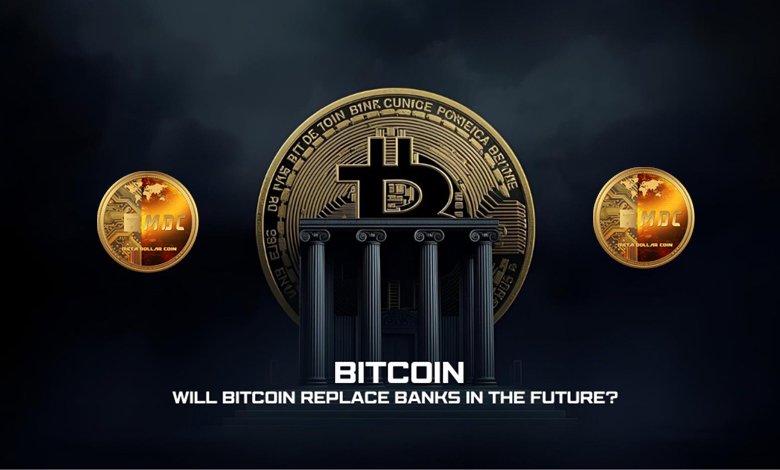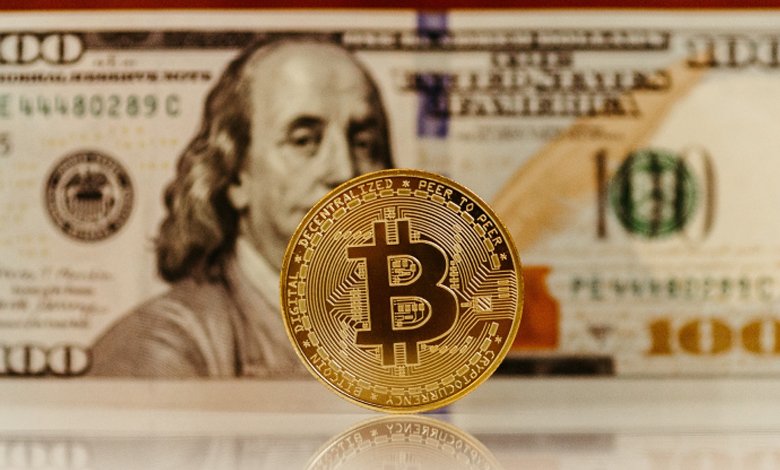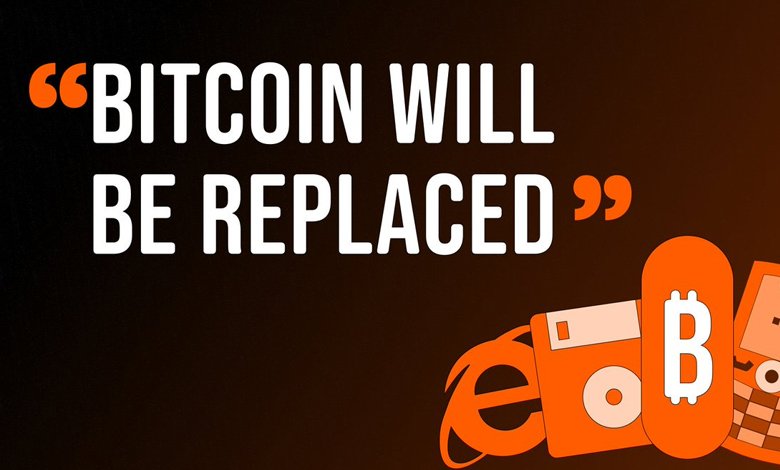Will Bitcoin Ever Be Replaced?

Will Bitcoin Ever Be Replaced?
Since its creation in 2009, Bitcoin (BTC) has remained the undisputed leader of the cryptocurrency market. As the first decentralized digital currency, Bitcoin pioneered blockchain technology and introduced the concept of a trustless, peer-to-peer financial system. But with the rise of thousands of new cryptocurrencies and blockchain innovations, a pressing question continues to emerge:
👉 Will Bitcoin ever be replaced?
1. Bitcoin’s Unmatched First-Mover Advantage
Bitcoin was the first successful cryptocurrency, and that alone gives it a unique position in the market. Its early adoption, brand recognition, and massive user base have made it the gold standard of digital assets. Like gold in the traditional economy, Bitcoin has become a store of value — widely trusted and recognized worldwide.

2. Why It’s Hard to Replace Bitcoin
There are several reasons Bitcoin remains dominant:
-
Network Effect: Millions of users, miners, and developers secure and support the network.
-
Decentralization: No central authority controls Bitcoin — it’s truly global and permissionless.
-
Scarcity: With a fixed supply of 21 million coins, Bitcoin’s scarcity ensures long-term value preservation.
-
Security: Its blockchain is the most secure and battle-tested in the world.
Replacing Bitcoin would mean creating a system that surpasses it in trust, adoption, and resilience — an enormous challenge.

3. The Rise of “Next-Generation” Cryptocurrencies
While Bitcoin dominates, newer coins have emerged with different strengths:
-
Ethereum (ETH) introduced smart contracts and decentralized applications.
-
Solana, Cardano, and Avalanche aim for scalability and efficiency.
-
AI-based and DeFi tokens target specific use cases that Bitcoin doesn’t address.
However, most of these projects coexist with Bitcoin rather than replace it — serving different purposes in the crypto ecosystem.

4. Bitcoin’s Evolution: Layer 2 and Innovation
To stay relevant, Bitcoin continues to evolve through Layer 2 solutions like the Lightning Network, enabling faster and cheaper transactions. These upgrades show that Bitcoin can adapt without compromising its security and decentralization — ensuring it remains at the heart of the digital economy.
5. Could Bitcoin Be Replaced in the Future?
Technically, yes — any technology can be replaced. But realistically, Bitcoin’s dominance is unlikely to disappear soon. It may share space with other innovative blockchains, but as long as it remains the most secure, trusted, and decentralized network, it will continue to be the foundation of the crypto world.

Conclusion
Bitcoin is more than just a cryptocurrency — it’s a symbol of financial freedom and innovation. While the market will evolve and new technologies will emerge, Bitcoin’s legacy and network power make it extremely difficult to replace. Instead of being dethroned, Bitcoin will likely coexist with other cryptocurrencies, leading the way in shaping the future of decentralized finance.





